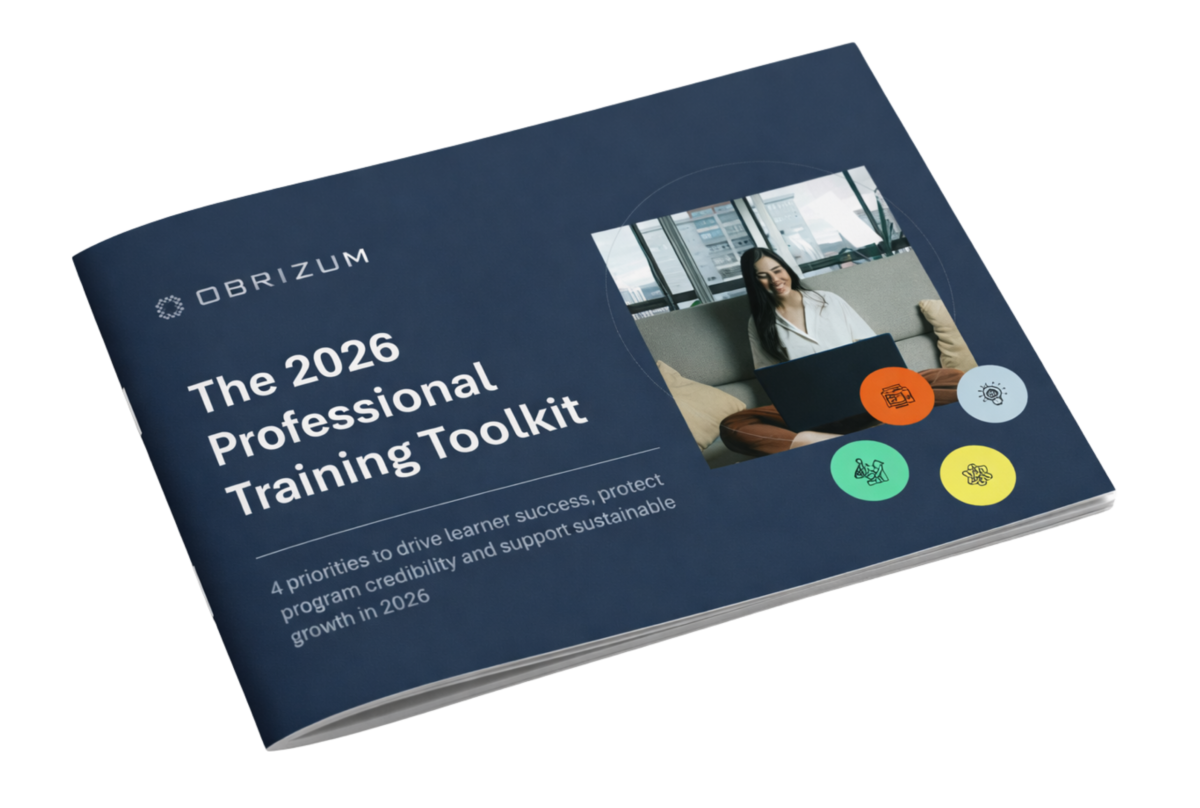
Published on 14th March 2023
Hit the moving target! Adaptive learning helps tackle the cyber training conundrum
Cybersecurity training is part of a vicious cycle. You train, you apply your knowledge, the situation evolves, you train again. Unfortunately, that’s the nature of a rapidly progressing landscape, and there’s very little an organisation can do to avoid it.
How the training is delivered, however, is a very different matter.
Businesses are acutely aware of the detrimental impacts that poor cyber preparation can have on an organisation, from a financial, reputational and social perspective. But even with the most advanced defence technology in the market, businesses will remain vulnerable if their cyber training programmes do not match the same level of competency.
When the stakes are high, companies cannot afford to coast by delivering ineffective training. When businesses get it right, it makes all the difference.
At a high level, it is essential to educate employees on the latest threats and how to prevent them. On a more granular level, the IT teams responsible for the overall security of business-critical information need to further their knowledge and understanding, which often means engaging in and acquiring professional certifications.
However, when the goal posts are constantly changing in response to the latest cyber threats, training practically becomes outdated before the ink has time to dry on the certificate of completion.
Establishing benchmarks
Cyber accreditations help set a standardised framework for assessing the competencies of cybersecurity professionals and promoting continuous learning and development. Certifications, such as CISM and CISSP, ensure that professionals responsible for data security have a thorough understanding of cybersecurity concepts, tools, and techniques.
Whilst hugely important for businesses, securing an accreditation can be a time-consuming and expensive process with many costing in excess of £500 and taking up to, and in many cases, more than 40 hours per course.
When we consider that security teams are often made up of more than one individual, the cost and time accrued can skyrocket. Given the nature of the cybersecurity industry, taking employees away from their day-to-day roles for considerable amounts of time can have drastic impacts on business operations.
The future of training is adaptive
Most digital learning used across industries today follows the traditional linear learning process which is constructed against averages. All learners, from beginners to experts, are addressed within one model, meaning it fails to accommodate the unique needs of each group.
Where less confident beginners require greater support, the more experienced individuals would benefit from bypassing the early stages and maximising the time spent on the more challenging items.
It’s time to do away with the one-size-fits-all approach.
Here at OBRIZUM, we fully recognise that knowledge is power. In an industry where the daily challenge is to defend against digital attackers, it’s becoming increasingly important to arm workers with as much intel as possible, in the most efficient way possible.
This is why we’re channelling an adaptive learning approach to what is an adaptive problem.
Through the power of AI, businesses can deliver learning programmes that are tailored specifically for the unique needs of different groups, taking into account learning speeds and foundational knowledge. With a personalised learning journey, individuals can bypass topics they’re confident on, and spend longer digesting content that challenges them.
In the context of cybersecurity, efficient training could mean the difference between a successful breach and a deflected attempt. Whether the intention is to boost general levels of cyber competency amongst the workforce, or deliver the latest accreditations to security experts, adaptive learning will provide a greater return on investment in a fraction of the time.
We live and breathe adaptive learning. If you’re in the process of reassessing your in-house training, get in touch to find out how we can make this vicious cycle more manageable.






